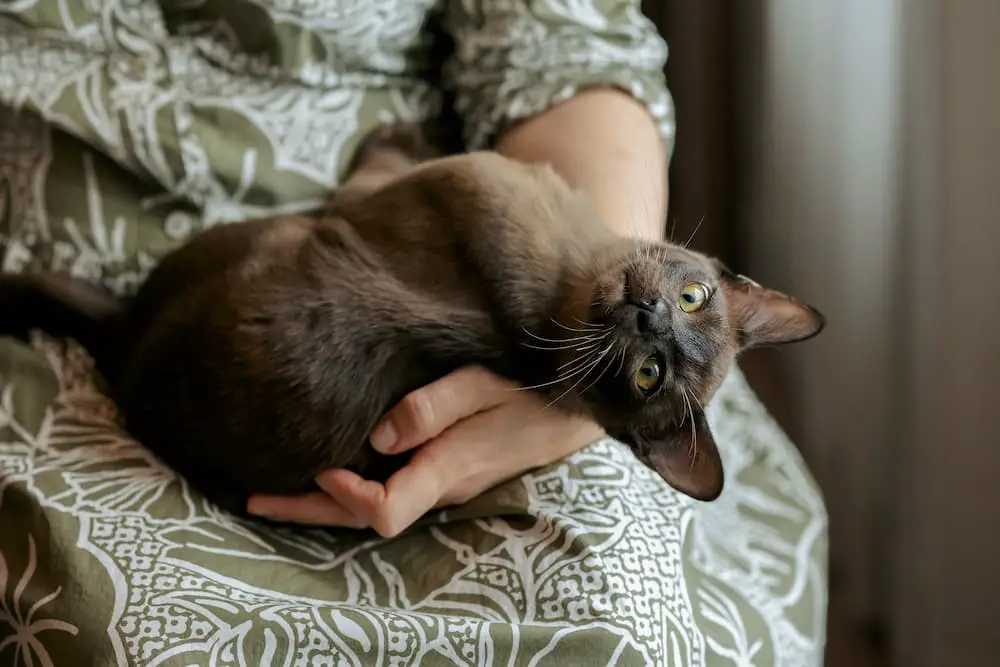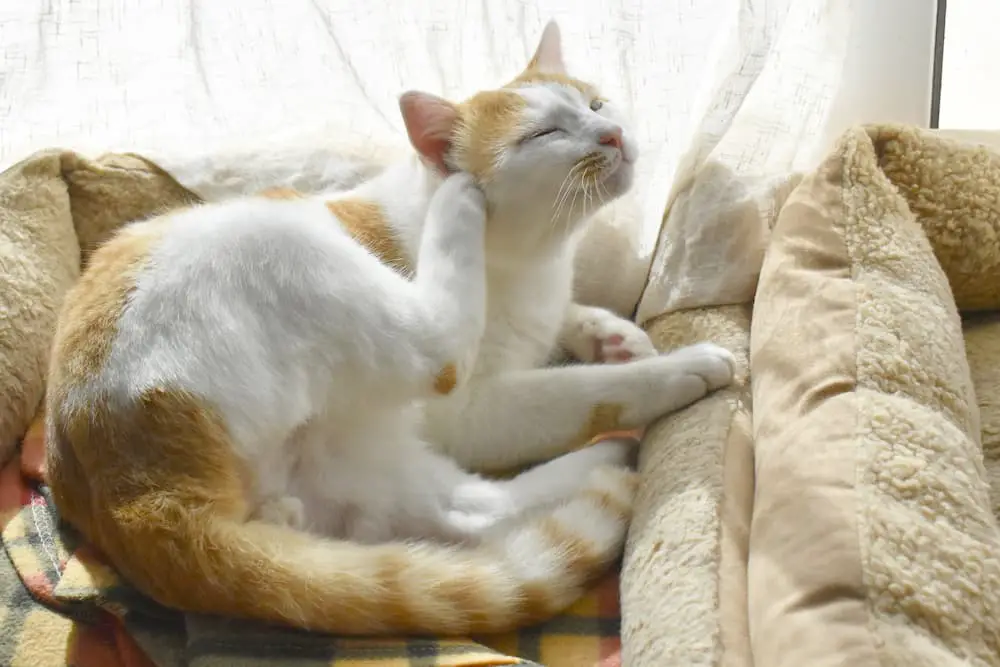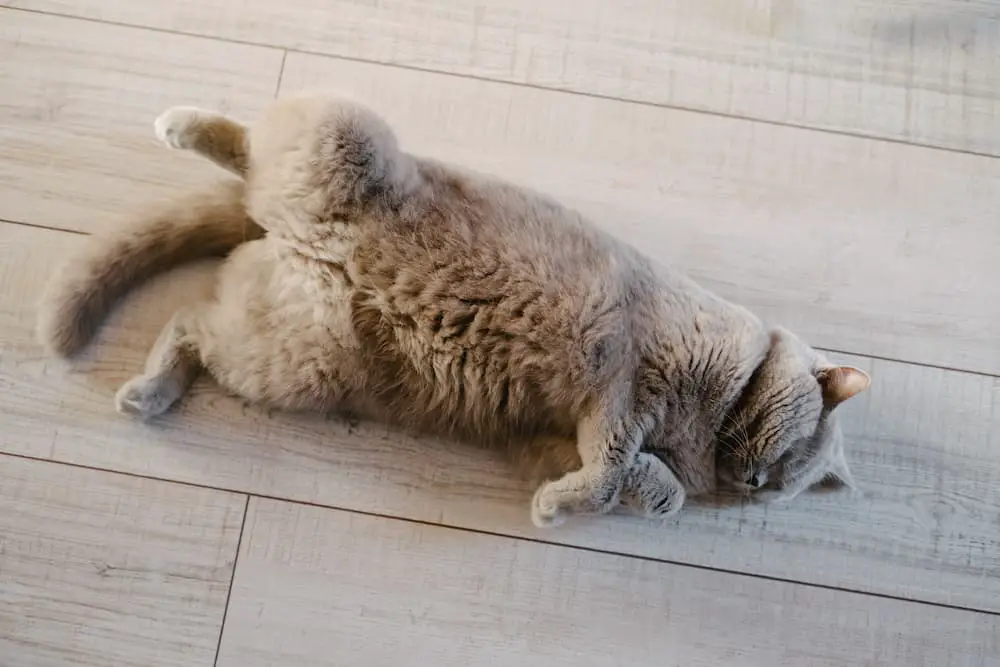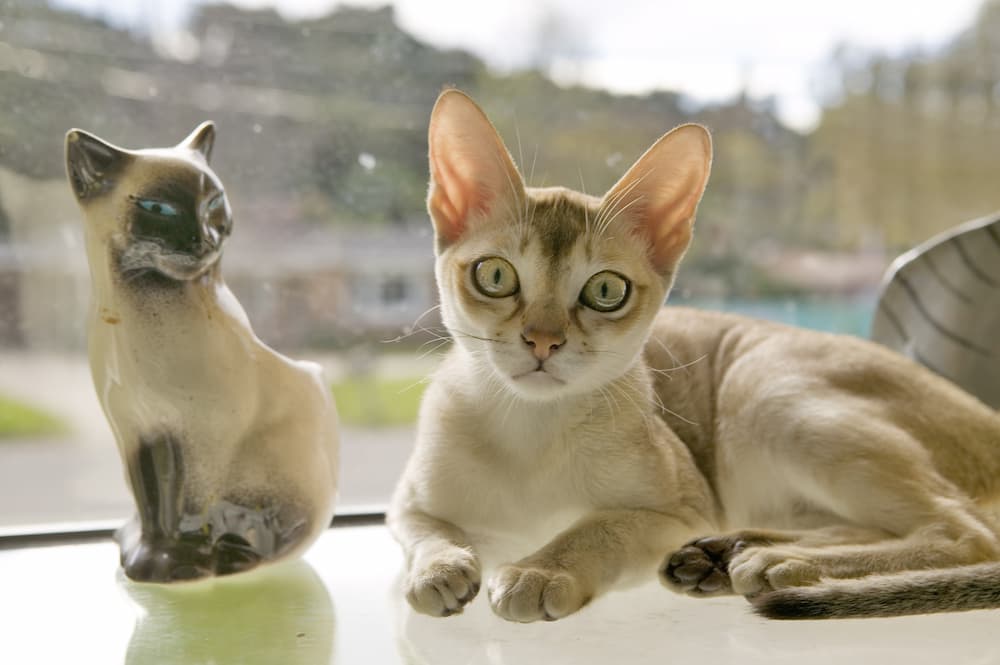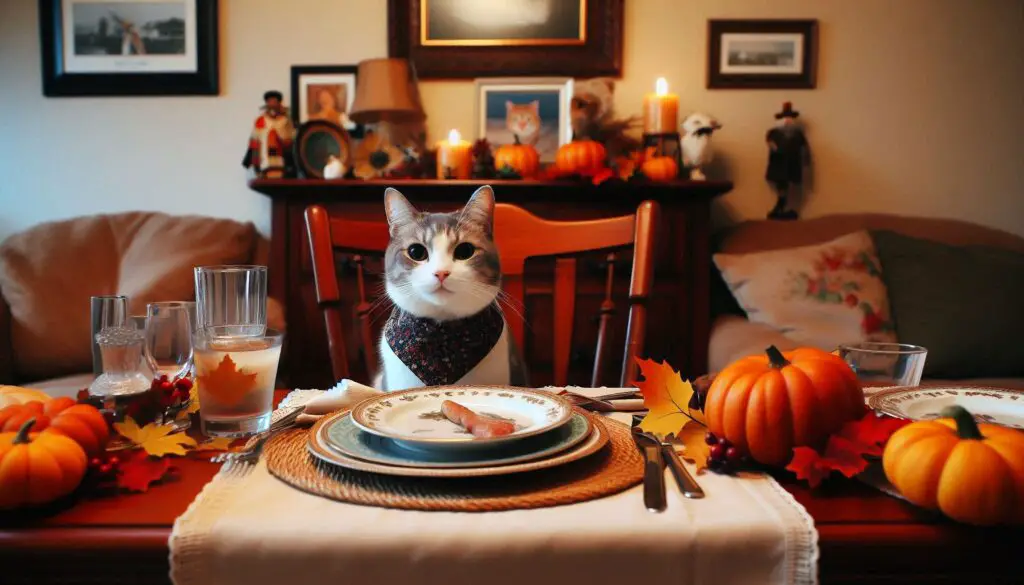Inflammatory Bowel Disease (IBD) isn’t just a human ailment—our feline friends can suffer from it too. IBD in cats is a chronic condition that affects the stomach and intestines, leading to a range of uncomfortable symptoms. For cat parents, understanding and managing IBD is critical for the well-being of your furry companions. Early diagnosis and treatment can make a world of difference in improving your cat’s quality of life.
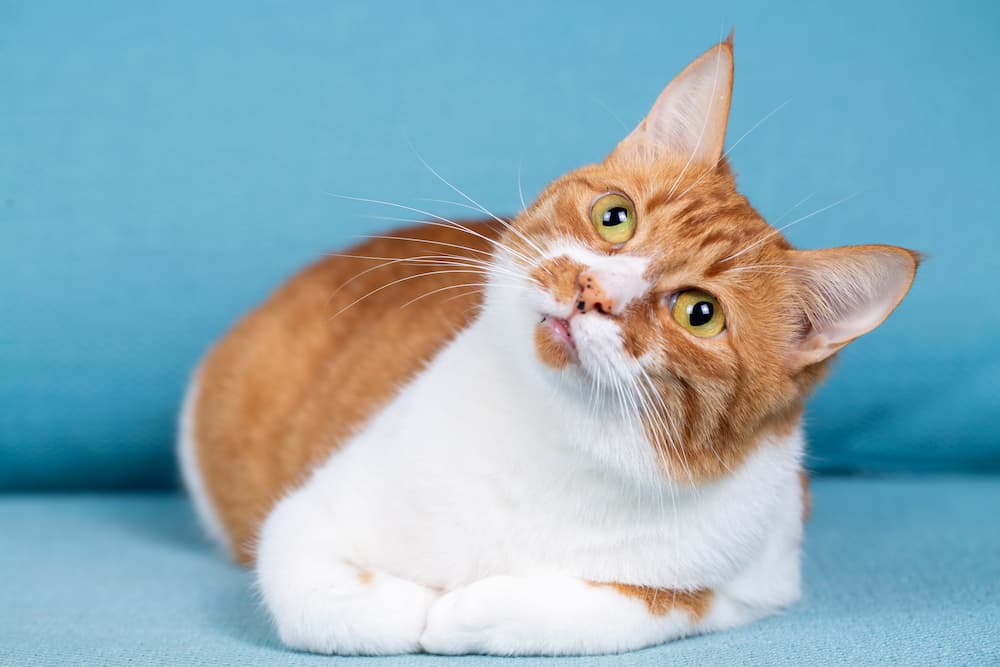
In this article, we’ll explore what IBD in cats is, its symptoms, how it’s diagnosed, treatment options, the connection between IBD and lymphoma, and the prognosis for affected cats. We’ll also share personal stories that highlight the positive impact of effective management.
My Cat’s Journey with IBD
Before we dive into the specifics, I want to share a little about my own experience with IBD. My cat, Olivia, started showing signs of digestive upset a few months ago. She was lethargic, and had a voracious appetite, eating everything in sight and even begging for my food, which was very out of character for her. Despite her appetite, she kept losing weight—more than two pounds in just a few weeks—and she was having diarrhea and accidents all over the house. After a series of tests, my vet diagnosed her with IBD. It was a scary time, but with the right treatment plan and lots of patience, Olivia is now thriving.
Symptoms of IBD in Cats
If your cat is frequently vomiting, experiencing constant diarrhea, or is constipated, these could be signs of IBD. The inflammation in the gastrointestinal tract disrupts normal digestion and absorption of nutrients, leading to these digestive issues. Chronic symptoms should never be ignored and warrant a visit to the vet.
Not all symptoms of IBD are as straightforward, however. Cats with IBD may also show less obvious signs such as weight loss, lethargy, and a lack of appetite (or a voracious appetite, as Olivia had). These symptoms can develop slowly and may be mistaken for other health issues.
When to Consult a Veterinarian
If your cat exhibits any of the above symptoms, it’s time to consult your veterinarian. Early intervention can help manage the condition effectively and prevent further complications. Your vet can guide you through the next steps and what to expect during the diagnostic process.
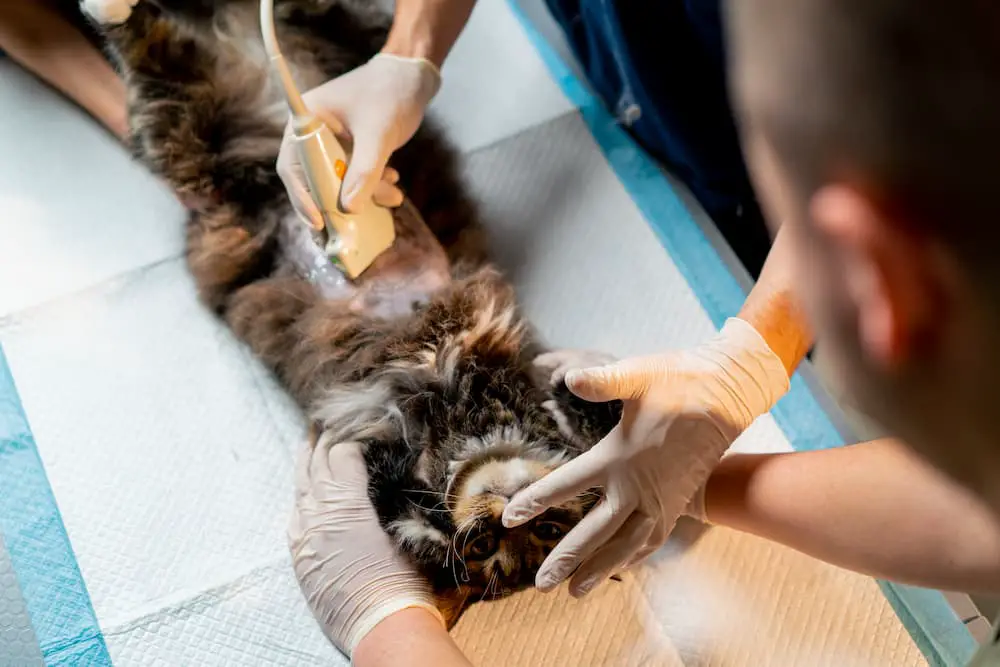
Diagnosing IBD in Cats
Diagnosing IBD in cats involves a series of tests. Initially, your veterinarian will perform blood tests, fecal exams, and likely x-rays and an ultrasound to assess your cat’s internal organs. If these tests indicate inflammation, a biopsy may be needed for a definitive diagnosis. This involves taking a small tissue sample from the gastrointestinal tract.
Ruling Out Other Causes
Before confirming IBD, it’s important to rule out other potential causes of your cat’s symptoms, such as food allergies, parasites, diabetes, hyperthyroidism, and others. These conditions can mimic the symptoms of IBD, so thorough testing is necessary to ensure accurate diagnosis and treatment.
While the diagnostic process may seem extensive, it’s important to pinpoint the exact cause of your cat’s discomfort. Accurate diagnosis leads to targeted treatment plans that can significantly improve your cat’s quality of life. A misdiagnosis could lead to ineffective treatment and worsening of symptoms.
Treatment Options for IBD in Cats
The primary goal of treating IBD in cats is to manage symptoms and improve the cat’s overall quality of life. This involves reducing inflammation in the gastrointestinal tract and ensuring proper nutrient absorption.
Diet Modifications
Diet plays a crucial role in managing IBD. Switching to a raw food diet, a prescription diet, or a limited ingredient diet can help reduce inflammation and digestive issues. These diets are easier on your cat’s stomach and can alleviate symptoms quickly.
Medications
Steroids such as prednisolone and budesonide are commonly used to treat IBD. They help control inflammation and reduce immune system activity that contributes to the condition. Sometimes, metronidazole is used to help calm the GI tract. Vitamin B-12 supplementation is usually recommended, as cats with IBD are unable to absorb this important vitamin.
Probiotics
Probiotics are beneficial bacteria that can aid in managing IBD. They help maintain a healthy balance of gut flora, which is needed for proper digestion. Including high-quality probiotics in your cat’s diet can make a significant difference in managing IBD symptoms effectively. Some popular probiotics include FortiFlora and KittyBiome GMP.
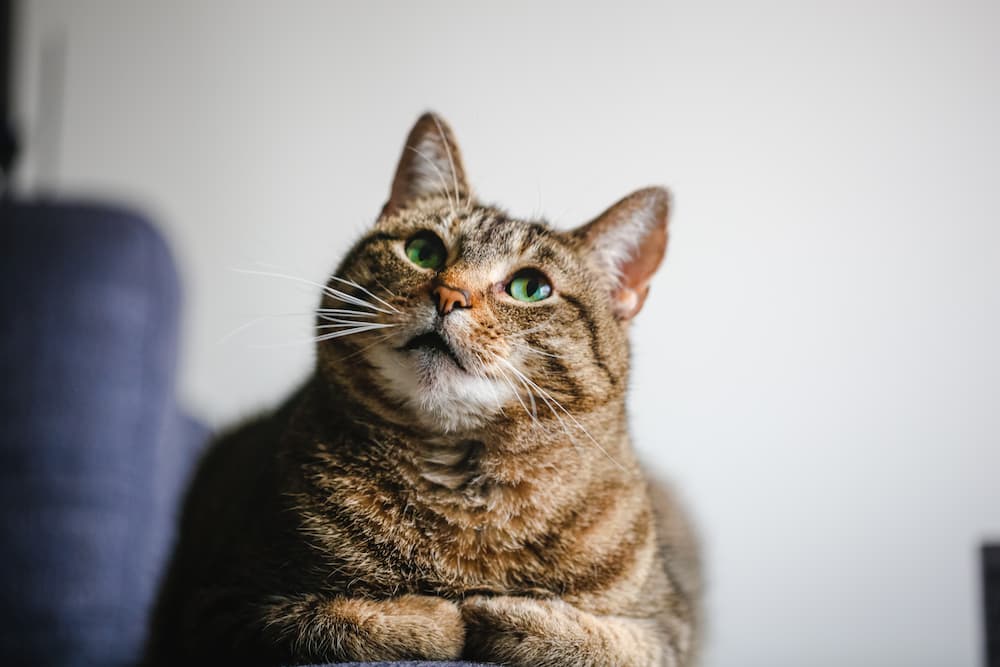
IBD and GI Lymphoma: The Connection
IBD and intestinal lymphoma in cats share many similarities, including symptoms and inflammation in the gastrointestinal tract. This makes it challenging to differentiate between the two without comprehensive testing, including a biopsy.
Some forms of inflammatory bowel disease may progress to intestinal cancer. Chronic inflammation has been hypothesized as a cause of lymphoma in cats, though this has not been proven.
While the similarities between IBD and lymphoma are concerning, it’s important to remember that effective treatments are available for both conditions. Early intervention and consistent care can lead to positive outcomes and a good quality of life for your cat.
Prognosis for Cats with IBD
IBD in cats varies in severity and response to treatment. Some cats may experience mild symptoms that are easily managed with a careful diet, while others may have more severe cases requiring ongoing medical treatment for the rest of their lives.
With proper management, many cats with IBD can live long and happy lives. Diet modifications, medications, and regular veterinary check-ups play an important role in maintaining your cat’s health and well-being. Consistent veterinary care ensures that any changes in symptoms are addressed promptly, leading to better outcomes for your cat.
Conclusion
Understanding and managing IBD in cats is essential for their health and happiness. Recognizing the symptoms, seeking early diagnosis, and implementing effective treatment plans can make a significant difference. If you suspect your cat has IBD, consult your veterinarian for guidance.
Remember, you’re not alone in this journey. Many cat parents have successfully managed their cats’ IBD, leading to improved quality of life. Don’t hesitate to reach out for professional veterinary care and support. Some of the best advice I received was from fellow cat parents via “Cats with IBD” Facebook groups, so don’t go through this alone. Reach out to your cat-loving community for support.
By being proactive and informed, you can help your feline friend lead a comfortable and joyful life despite the challenges of IBD.
The Catington Post is reader-supported. That means, if you make a purchase through links on our site, we may earn an affiliate commission. All images and names which are not the property of The Catington Post are the property of their respective owners.

